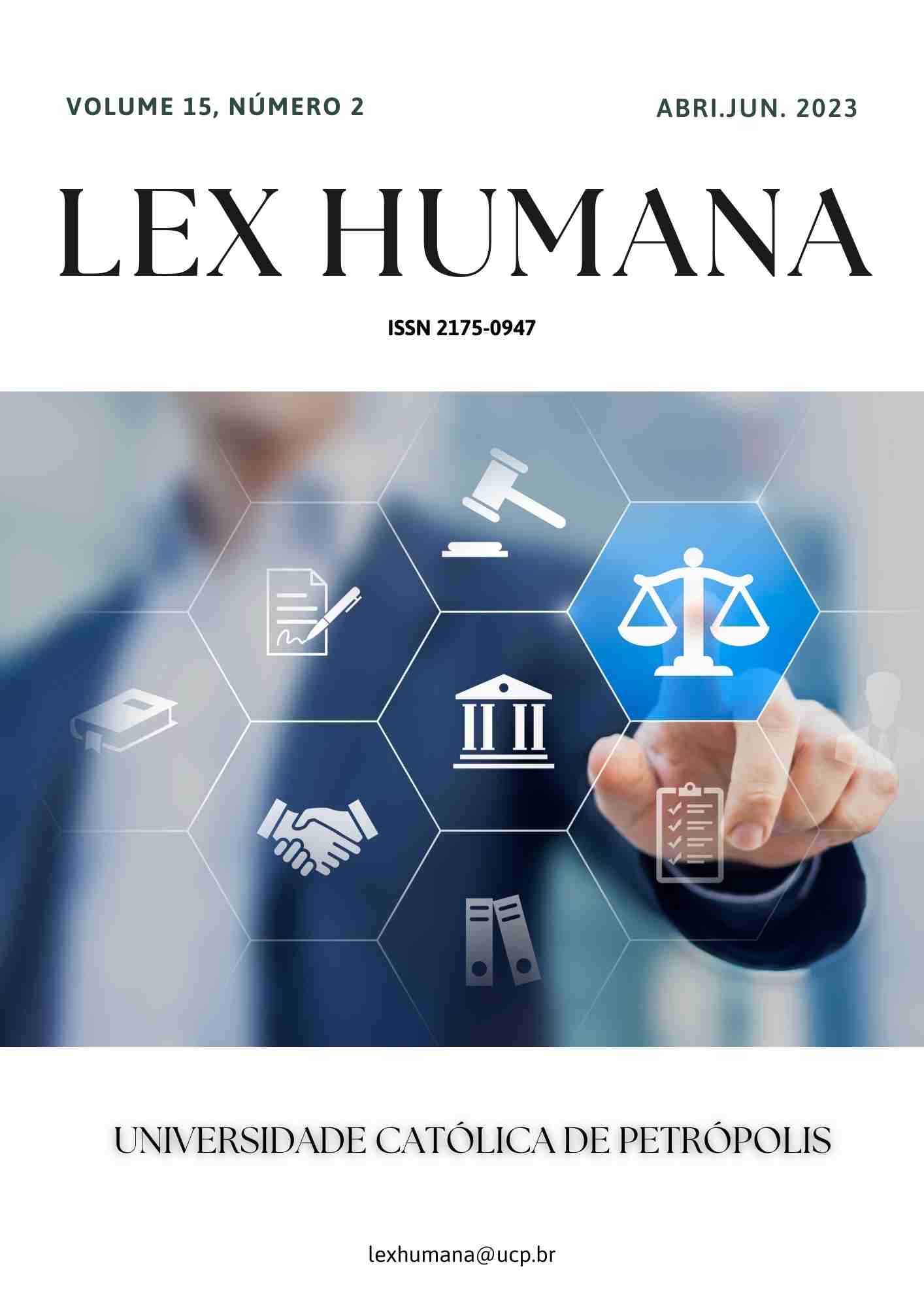Resumo
A questão em apreço diz respeito ao processo de constituição da sociedade da informação e do poder e, em particular, do poder presidencial e dos seus princípios objetivos de desenvolvimento. O objetivo do trabalho acadêmico é esclarecer a inter-relação entre poder e informação e destacar a essência e o conteúdo do poder informacional. Análise, síntese, generalização, explicação e qualificação dos dados foram os métodos utilizados na pesquisa. Ao mesmo tempo, usamos as seguintes fontes confiáveis e intrigantes para esclarecer as questões levantadas no trabalho acadêmico, a saber: a Comissão Europeia do Conselho da Europa, a Organização para Cooperação e Desenvolvimento Econômico, a União Mundial de Telecomunicações, autoridades executivas responsável pela construção da rodovia da informação nos EUA, Canadá, Grã-Bretanha, Alemanha, França, Austrália, Japão e outros países. O atual estágio da revolução da informação no mundo dita um novo paradigma de informação para estudar os milagres políticos. Instituições políticas, relações políticas, formas de influência política na sociedade e conhecimento público também estão mudando sob a influência das tecnologias da informação, e o poder da informação está tomando seu lugar com confiança.
Referências
Habermas, J. Between facts and norms: Contributions to discourse theory of law and democracy. (W. Rehg, Trans.). Cambridge: Polity Press & Oxford: Blackwell Publishers Ltd. 1996.
Golia, Angelo Jr and Teubner, Gunther. Societal Constitutionalism: Background, Theory, Debates. ICL Journal, vol. 15, no. 4, 2021, pp. 357-411. https://doi.org/10.1515/icl-2021-0023
Gervits, F., Thurston, D., Thielstrom, R., Fong, T., Pham, Q., and Scheutz, M. Toward genuine robot teammates: improving human-robot team performance using robot shared mental models,” in Proceedings of the 19th International Conference on Autonomous Agents and MultiAgent Systems (Auckland), 2020. 429–437.
Nordin S, Sturge J, Ayoub M, Jones A, McKee K, Dahlberg L, Meijering L, Elf M. The Role of Information and Communication Technology (ICT) for Older Adults' Decision-Making Related to Health, and Health and Social Care Services in Daily Life-A Scoping Review. Int J Environ Res Public Health. 2021 Dec 23;19(1):151. doi: 10.3390/ijerph19010151.
Turkel, Gerald. Talcott Parsons: The Social Relations of Individualism and Economy. Sociological Focus, vol. 38, no. 1, 2005, pp. 65–82. JSTOR, Available at: http://www.jstor.org/stable/20832256. Accessed 3 Mar. 2023.
Maes, Guido, and Geert Van Hootegem. Power and Politics in Different Change Discourses. Administrative Sciences 12, no. 2: 64. https://doi.org/10.3390/admsci12020064
Peyton T, Zigarmi D, Fowler SN. Examining the Relationship Between Leaders' Power Use, Followers' Motivational Outlooks, and Followers' Work Intentions. Front Psychol. 2019 Feb 1;9:2620. doi: 10.3389/fpsyg.2018.02620.
Savolainen, R. Expert power as a constituent of opinion leadership: a conceptual analysis. Information Research, 26(2), 898. 2021 Available at: http://InformationR.net/ir/26-2/paper898.html Accessed 3 Mar. 2023
Walter, S. & Brüggemann, M. Opportunity makes opinion leaders: analyzing the role of first-hand information in opinion leadership in social media networks. Information, Communication & Society, 23(2), 2020. 267-297. https://doi.org/10.1080/1369118X.2018.1500622
Rogers, L., De Brún, A., Birken, S.A. et al. The micropolitics of implementation; a qualitative study exploring the impact of power, authority, and influence when implementing change in healthcare teams. BMC Health Serv Res 20, 1059. 2020. https://doi.org/10.1186/s12913-020-05905-z
Nekmahmud M., Rahman S. Measuring the competitiveness factors in telecommunication markets. In Khajeheian D., Friedrichsen M., Mödinger W. (Eds.), Contributions to management science (pp. 339–372). 2018. https://doi.org/10.1007/978-3-319-71722-7_18
Besley T, Persson T. Democratic values and institutions. Res. Work. Pap., London School Econ, London, UK, 2016
Bocchiaro, P., Zimbardo, P.G. Defying Unjust Authority: An Exploratory Study. Curr Psychol 29, 155–170. 2010. https://doi.org/10.1007/s12144-010-9080-z
Kington RS, Arnesen S, Chou WS, Curry SJ, Lazer D, Villarruel AM. Identifying Credible Sources of Health Information in Social Media: Principles and Attributes. NAM Perspect. 2021 Jul 16;2021:10.31478/202107a. doi: 10.31478/202107a. PMID: 34611600; PMCID: PMC8486420. RS, Arnesen S, Chou WS, Curry SJ, Lazer D, Villarruel AM. Identifying Credible Sources of Health Information in Social Media: Principles and Attributes. NAM Perspect. 2021 Jul 16;2021:10.31478/202107a. doi: 10.31478/202107a. PMID: 34611600; PMCID: PMC8486420.
Olszak C. M., Bartuś T., Lorek P. A comprehensive framework of information system design to provide organizational creativity support. Information & Management, 55(1), 94–108. 2018.https://doi.org/10.24251/HICSS.2017.531

Este trabalho está licenciado sob uma licença Creative Commons Attribution-NonCommercial-NoDerivatives 4.0 International License.
Copyright (c) 2023 Lex Humana (ISSN 2175-0947)
